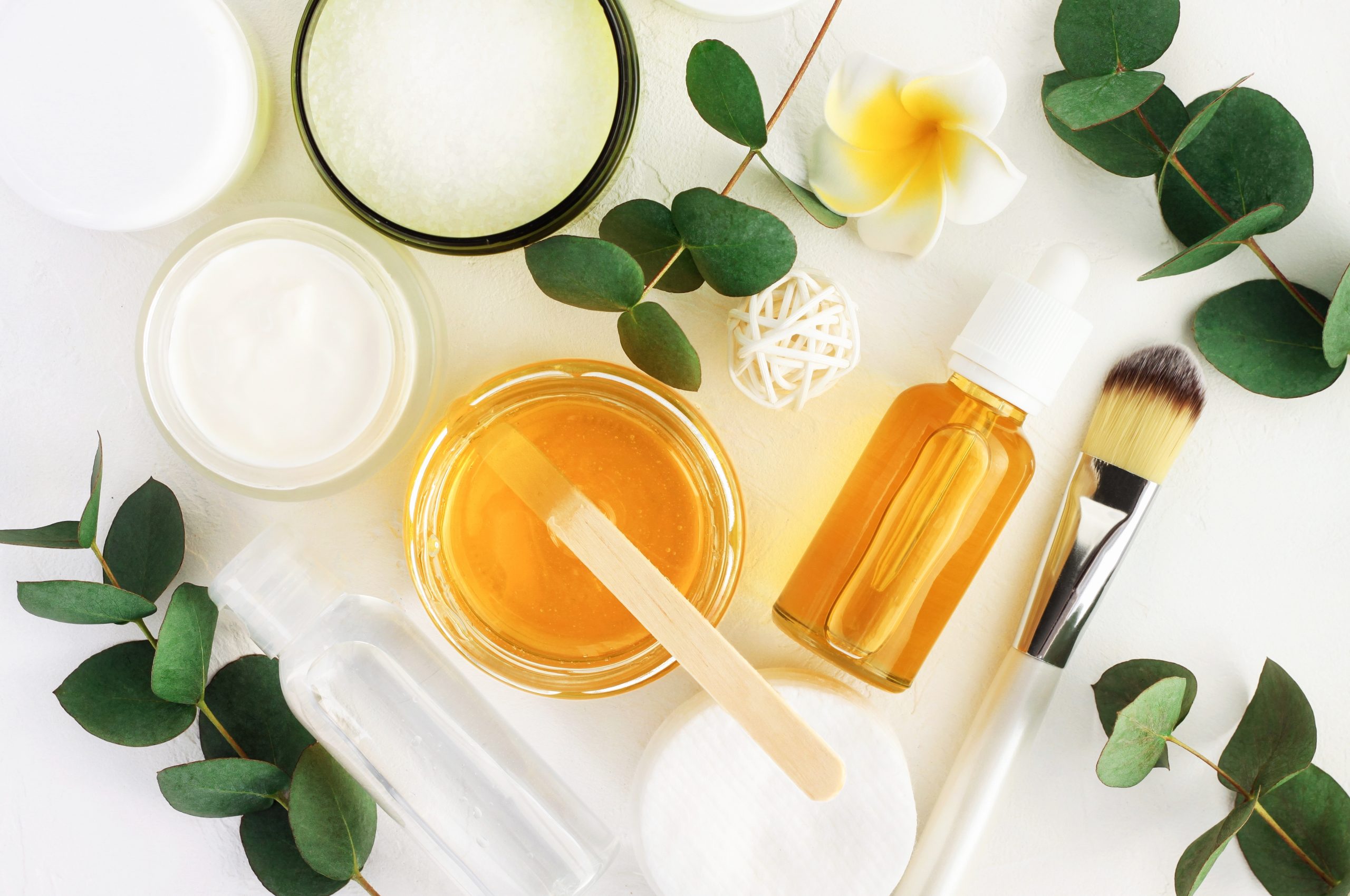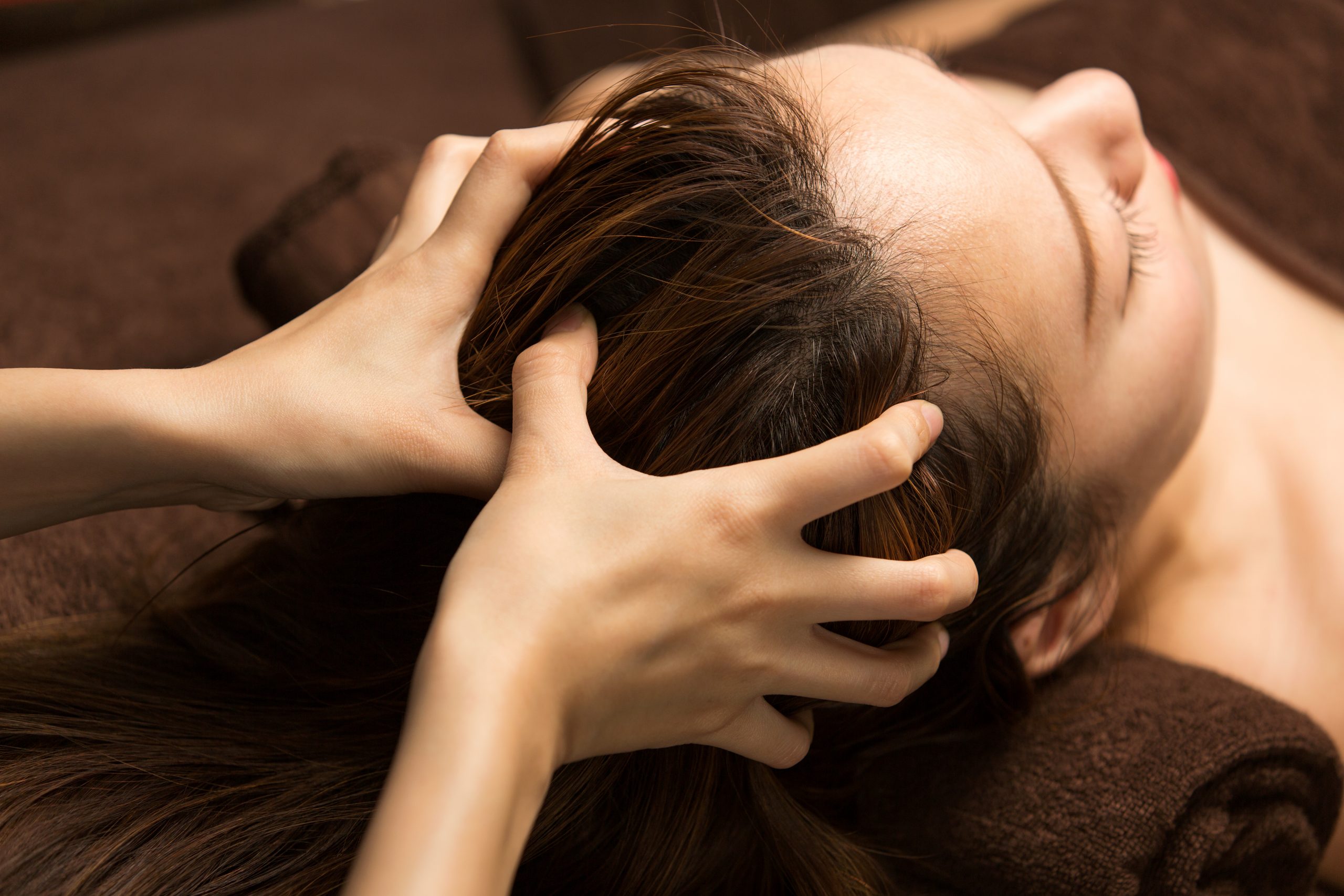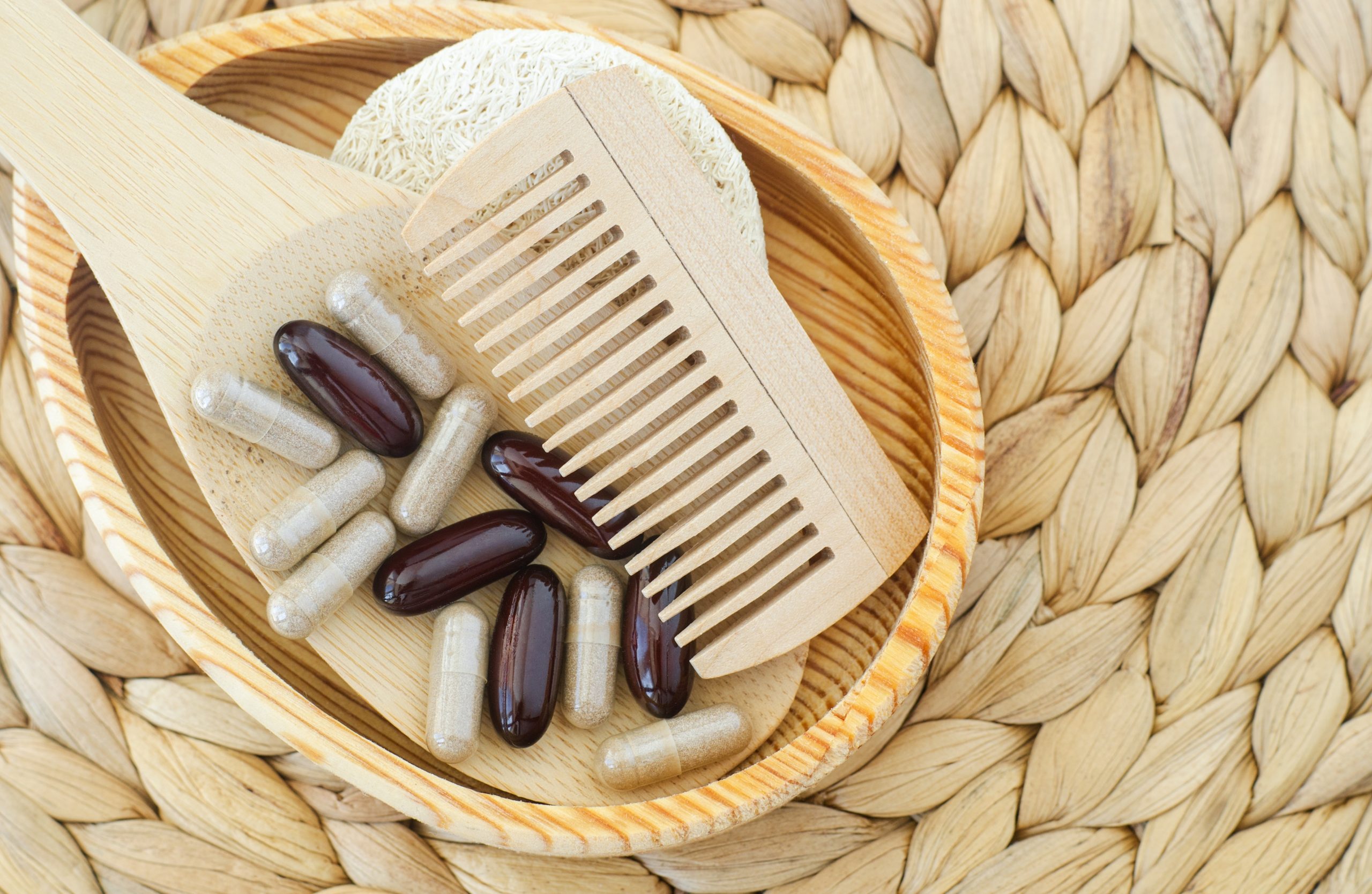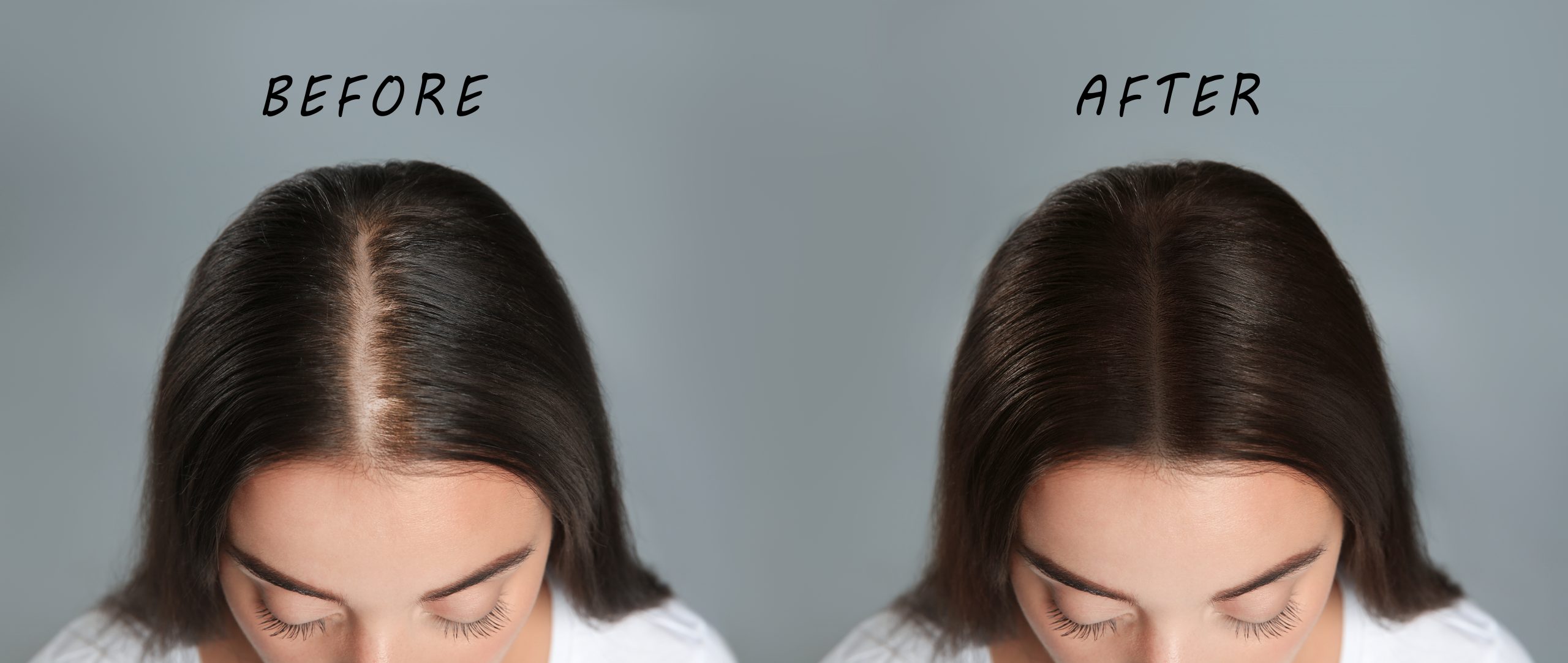Having healthy and vibrant hair is a desire for many people. While genetics and external factors play a role in hair health, maintaining a healthy lifestyle can significantly contribute to promoting hair growth and overall hair health. A balanced diet, regular exercise, stress management, and proper hair care are all essential components of a healthy lifestyle that can support strong, luscious hair. In this article, we will explore the specific benefits of a healthy lifestyle for hair growth.
- Nutrient-Rich Diet: A well-balanced diet rich in essential nutrients is crucial for hair growth. Hair follicles require a range of vitamins, minerals, and antioxidants to support healthy growth. Incorporating foods that are rich in protein, such as lean meats, fish, eggs, and legumes, provides the building blocks for hair protein, known as keratin. Additionally, consuming fruits, vegetables, whole grains, and healthy fats provides vitamins and minerals that nourish the scalp and support hair follicle health.
- Improved Blood Circulation: Regular exercise is not only beneficial for overall health but also for promoting hair growth. Exercise improves blood circulation, including to the scalp, delivering essential nutrients and oxygen to the hair follicles. This increased blood flow helps nourish the follicles and promotes healthy hair growth. Aim for at least 30 minutes of moderate-intensity exercise, such as brisk walking, jogging, or cycling, most days of the week.
- Stress Reduction: Chronic stress can have a negative impact on hair health, leading to hair loss, thinning, and slower growth. Incorporating stress management techniques, such as meditation, deep breathing exercises, yoga, or engaging in hobbies, can help reduce stress levels and promote healthy hair growth. Stress reduction techniques help balance hormone levels and create a more conducive environment for hair follicle function.
- Adequate Sleep: Quality sleep is essential for overall health, including hair health. During sleep, the body repairs and regenerates cells, including hair follicles. Poor sleep quality or inadequate sleep can disrupt this regenerative process, leading to hair problems such as hair loss or slow growth. Aim for 7-9 hours of quality sleep per night to support optimal hair growth and overall well-being.
- Hydration: Proper hydration is essential for hair health. Drinking an adequate amount of water each day helps to keep the scalp hydrated and prevents dryness, which can lead to brittle and fragile hair. Additionally, hydrated hair is more flexible and less prone to breakage. Aim to drink at least 8 glasses of water per day to maintain optimal hydration.
- Gentle Hair Care Routine: Proper hair care practices are vital for maintaining healthy hair. Avoid harsh treatments, excessive heat styling, and tight hairstyles that can damage the hair and lead to breakage. Opt for gentle shampoos and conditioners that nourish and protect the hair. Regularly trim the ends to prevent split ends and promote healthier growth. Use heat styling tools sparingly and apply a heat protectant product before styling.
- Avoidance of Harmful Substances: Certain lifestyle choices can have a detrimental impact on hair health. Smoking, excessive alcohol consumption, and illicit drug use can all contribute to hair loss, thinning, and weakened hair. Avoiding these substances can help maintain the integrity and strength of the hair.
Incorporating these healthy lifestyle habits into your daily routine can contribute to vibrant and healthy hair growth. Remember, hair growth is a gradual process, and it may take time to see significant changes. Be patient and consistent in your efforts, and consult a healthcare professional if you have specific concerns about your hair health.
In conclusion, a healthy lifestyle that includes a nutrient-rich diet, regular exercise, stress management, proper hydration,





